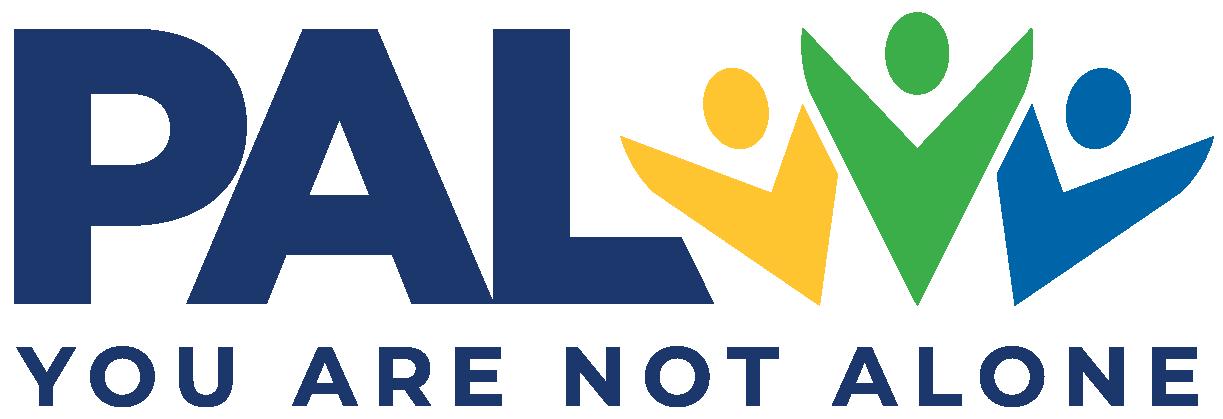
Spending time with your loved one who’s in early recovery can be an anxiety provoking time for all involved, let alone during the holidays, however, it doesn’t have to be. Before I dive in, let me tell you a little about myself. I am 13 years sober and in those 13 years I have obtained a master’s degree in social work, a license to practice therapy independently, a level one fingerprint clearance card to qualify me to work with vulnerable populations and have excelled throughout my career to be a Clinical Director (among other life strides). However, it wasn’t always that way.
When I first got sober, I was facing criminal charges, no longer had a viable home, was not working, and was in debt. On top of that, my last conversation with my mother included her setting boundaries, which I was not fond of at the time, and my little sister not telling me where she lived (and for good reason). In the past I had stolen everything from my sister that wasn’t nailed down. My addiction, along with that of other members of my family, had decimated my family life and my little sister had to move out on her own at the age of 16. She had done a lot of work to get her feet under her and she was not going to make herself vulnerable to me until I had shown, through my actions, that I was going to be bettering myself.
Now, enough about me, let’s talk about boundaries and what to do during the holidays when an addicted family member is asking to spend the holidays at home since starting their recovery journey. It’s a tough time and recognizing the significance of family bonds is crucial. You might be familiar with the idea that “connection is the opposite of addiction,” and it holds true. Yet, it’s even more beneficial when approached in a way that provides support not only for the addicted loved one but also for the recovering family members. After all, the recovery of the entire family is paramount.
In my practice over the years, I have found it beneficial for both the addicted individual and their family members to establish boundaries. You may be asking: Why do they get to set boundaries? Well, their boundaries will differ from the family’s. I often advise clients to define boundaries with their families, outlining what to watch for and what steps to take in case of a crisis or potential relapse. During treatment, clients create a written recovery plan, specifying details like weekly meeting attendance, frequency of outpatient therapy, communication with family, dinner visits, and how family members can observe these actions. This plan, developed from a sober and rational mindset, grants the family permission to monitor specific steps the individual is taking to support their sobriety. I stress the importance of actualizing the outlined actions, as it allows family members to observe and evaluate compliance. Here’s the kicker…the individual instructs their family on the actions to take if they don’t witness adherence, such as suggesting a return to sober living. When presenting this plan, individuals in early recovery genuinely believe that following these actions will help them maintain sobriety and reintegrate as productive family members.
The goal here is to catch relapse before it happens. To see the warning signs, and to act long before that first drink or drug is ingested. Family members usually give a great sigh of relief once this is completed as many family members have no idea how to help their addicted loved ones, and who better to lay out the plan than the addicted loved one themselves. The idea is to be supportive, hold boundaries, give that much needed connection, and to protect both the families and the addicted loved one.
I might have strayed a bit from guiding you on creating positive and recovery-oriented holidays with your addicted loved one, but the concept remains unchanged. Reach out to your loved one and ask them about the steps they’re taking to support their recovery, what to watch for, and how you can best assist if you notice any warning signs. It’s all about showing that you care and want to be there for them during this challenging time.
I hope this information is helpful, that you have an amazing holiday, and that you and your loved one experience the beauty of recovery.
Happy Holidays,
Nathaniel P. Bush, LCSW
Cornerstone Healing Center, Clinical Director OTC Phoenix
